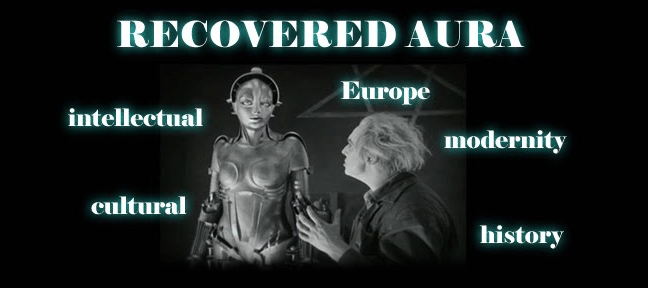Here are two video excerpts with Angeline Ball as Molly Bloom, the lusty wife of Leopold Bloom the protagonist of James Joyce's novel ULYSSES (1922). Molly Bloom's Soliloquy is perhaps the most famous section of the book.
Like the writings of Virginia Woolf, James Joyce's ULYSSES helped to solidify the extraordinary early 20th C. style of novel writing known as stream-of-consciousness. Thoughts of every sort- memories, fantasies, alternative experiences, regrets- merge with the emotions and the sensations of the body to convey the very real, confounding experience of being alive.
Do you sense any connection between the stream-of-consciousness method of conveying events and the cinematic art of montage? Do you think these bring us closer to how we actually experience the world? Or is it possible that we now experience the world in a more cinematic way because of changes in the styles of literature and the century long dominance of cinema with its quick cutting and optical flights from one scene to the next? Does the cinematic eye which moves at the speed of thought affect the modern human gaze and its expectation for what it will witness in the world?
Molly Bloom's Soliloquy is both deliciously erotic and incredibly moving stuff (the novel was first published in 1922!). James Joyce battled with censors at home and abroad for years due to the sexual frankness (and physical honesty) of his work. Molly Bloom lays abed thinking about a million things. Consider WHY this text is so shocking (in style as well as in substance). Consider how its frank discussion of taboo topics relates to its ability to move us emotionally. Consider how its fresh and fearless style can still startle us intellectually.
One last thought: how does this relate to Freud? Molly pours forth her heart and soul and reveals her deepest desires. She considers out-loud (though this is actually an interior monologue) the ramifications of her drives and choices. Is this an example of "the talking cure"? It would be interesting to know how much of Freud James Joyce had read and more importantly what Joyce thought of Freud's work.
It appears that these two are connected by common creative, intellectual and cultural queries.
This is a recent production for Irish television which has received wide acclaim. Enjoy! YES!
MOLLY BLOOM'S SOLILOQUY PART 1
MOLLY BLOOM'S SOLILOQUY PART 2
Tuesday, April 13, 2010
Subscribe to:
Post Comments (Atom)

No comments:
Post a Comment